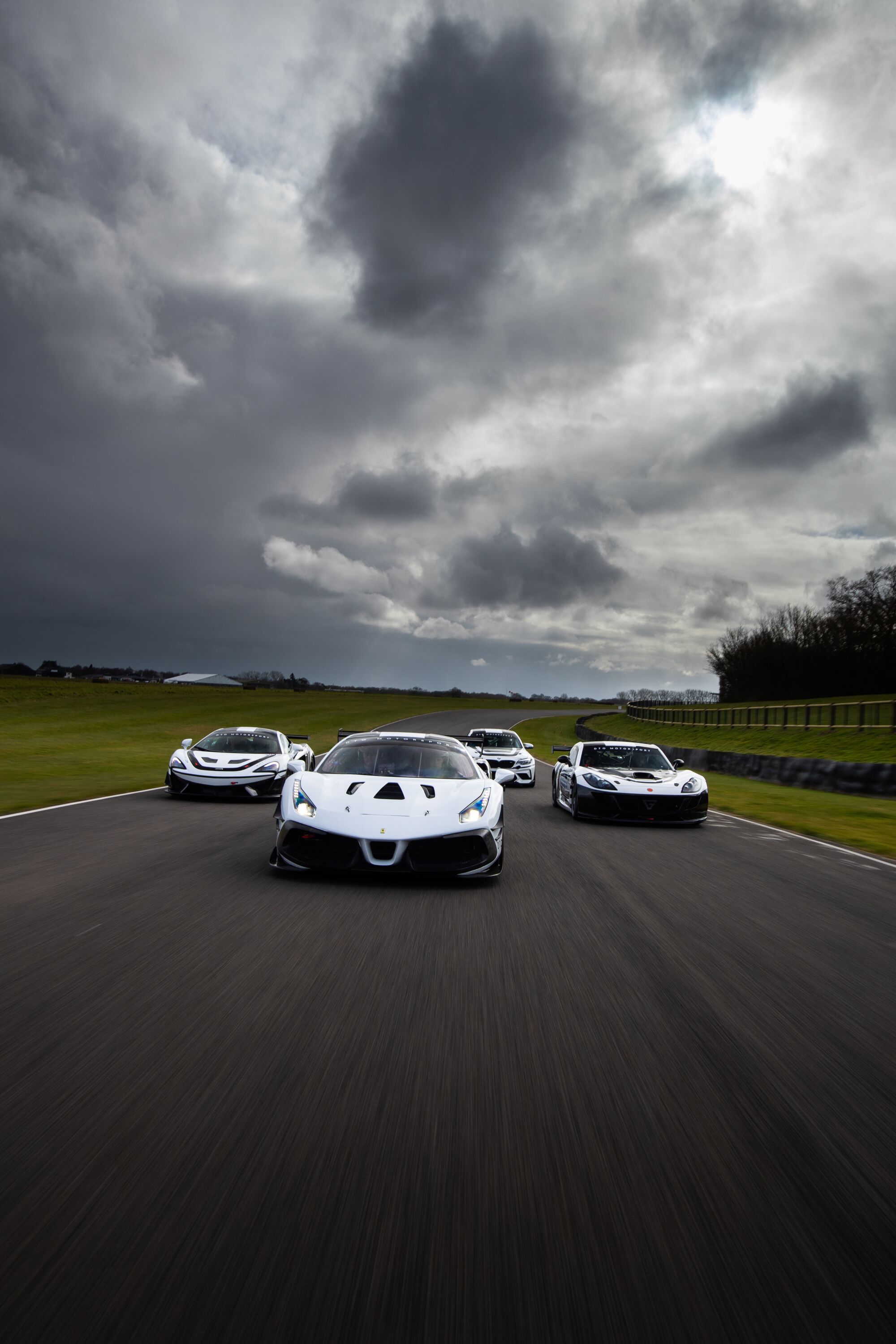Dan Trent: Why the 190E 2.3 16 is better than the E30 M3
 Dan Trent
Dan Trent
I’ve been researching BMW M3s lately, specifically the E30 original. Considered by many the definitive sporting saloon and the very embodiment of a homologation racing car for the road it’s rightly lauded as a modern classic. And values are going through the roof.
Not that long ago you could have bought a far from immaculate but perfectly usable E30 M3 for less than £20K. Now an equivalent car would cost you at least double that, desirable special editions like the run-out Sport Evo into six figures.
I respect the M3 for all it stands for and it’s a lovely car to drive. But it wouldn’t be my choice, partly because I’m naturally rebellious and disinclined to follow the crowd. And partly because the alternative, while also appreciating in value, is still available for half as much. That car is the Mercedes 190E 2.3-16, commonly referred to as the 190 Cosworth, even if Mercedes never publically celebrated the association.
Given the timeline you could argue this car even spurred BMW into building the M3, the 2.3-16 unveiled at the 1983 Frankfurt motor show a whole two years before BMW brought the first M3 to the same. Looking at the specification BMW settled on it’s hard to escape that conclusion, both cars powered by 2.3-litre four-cylinder engines with 16-valve heads, revvy power deliveries and an eye to competition development.
In the 190’s case, the Cosworth connection was that 16-valve conversion, the plan being to use it as the basis for a rally car. When Group B was axed and Group A took its place a rear-wheel drive saloon was no longer going to be competitive, Mercedes pressing ahead with a road car version all the same and launching it with a star-studded race in identical 190s at the newly opened Nurburgring Grand Prix circuit in 1984. The driver line-up was extraordinary – the names on the entry list including (but not limited to) Lauda, Moss, Scheckter, Brabham, Hunt, Surtees, Prost and many more. The winner? Some up-and-coming Brazilian by the name of Ayrton Senna.
The 190 eventually found its calling in touring car racing, the same Johnny Cecotto who later gave his name to a sought-after M3 special edition racing a 2.3-16 in the 1988 DTM. By that stage, the M3 was already dominant though and for all the evocative on-track battles it took until 1992 and the introduction of the wild 190E 2.5-16 Evo II before Mercedes could finally claim victory over BMW, Klaus Ludwig taking the DTM title in that year.
16-valve 190s aren’t actually that rare, Mercedes building nearly 20,000 2.3s (more than the 17,000 or so total E30 M3 production), a further 5,000-odd 2.5-16s and 500 each of the two Evolution models. For an early 80s Mercedes the body kit, revvy four-cylinder engine and dog-leg manual are somewhat unusual too – among the chintzy chrome and velour of the rest of the lineup it would have stood out in showrooms of the day.
For that Senna connection, I’d have to have a 2.3, given it’s revvier than the 2.5 and the later all-Mercedes engine was one step removed from that original Cosworth collaboration. And though it looks and feels more grown-up than the M3 the 190’s character is similarly uncompromising and hard-edged, this incongruity also part of the appeal to me. Ratty ones were very cheap for a while but are now climbing into five figures, 2.3s and 2.5s you’d want to own (as in not ones with the four-speed auto) now into the low-to-mid-20s. Not cheap but still a bargain compared with the M3. And, to my eyes, cooler.
Mercedes-Benz
190E
cosworth
Ayrton Senna




































































